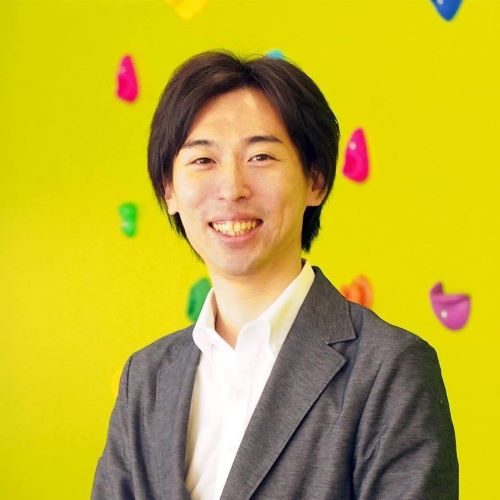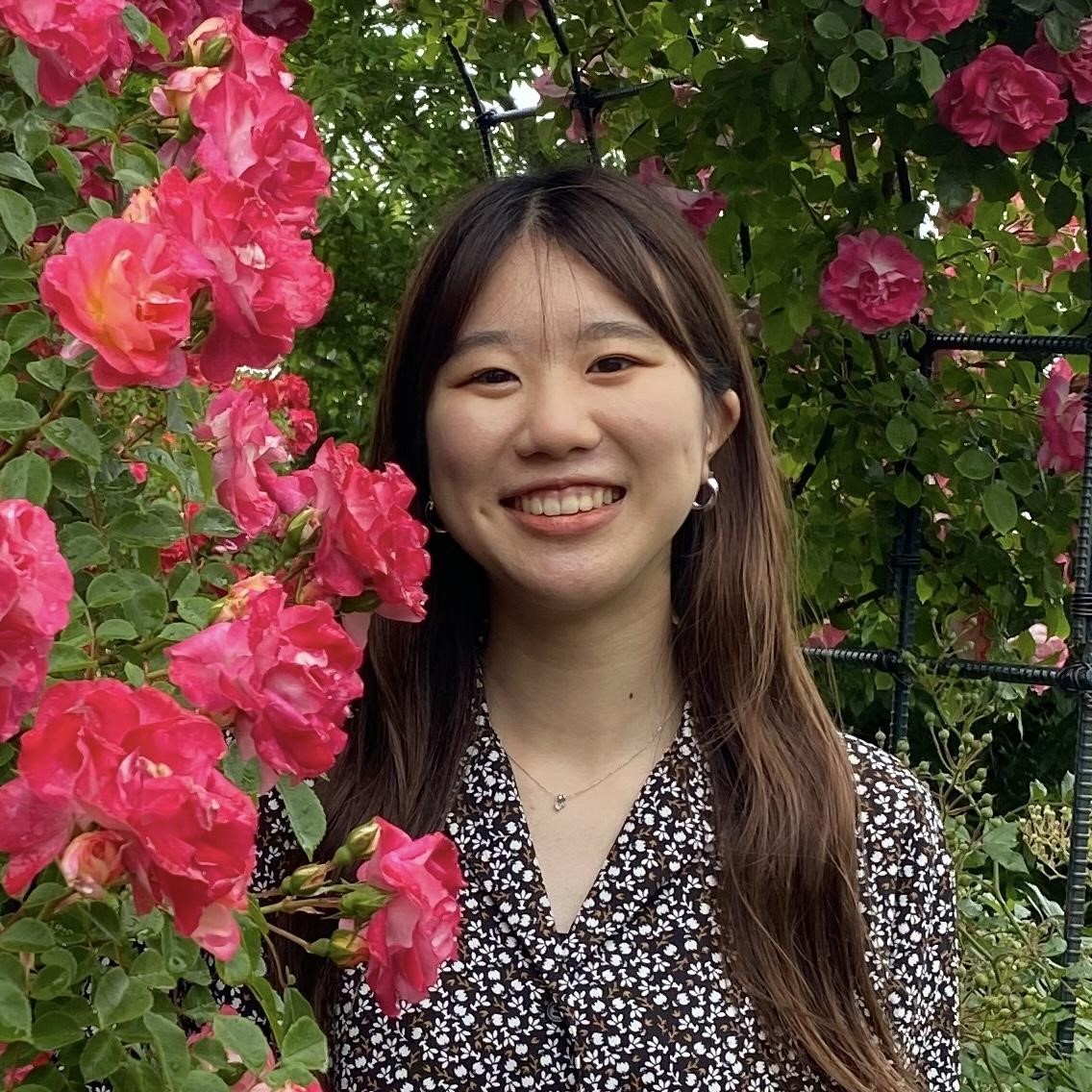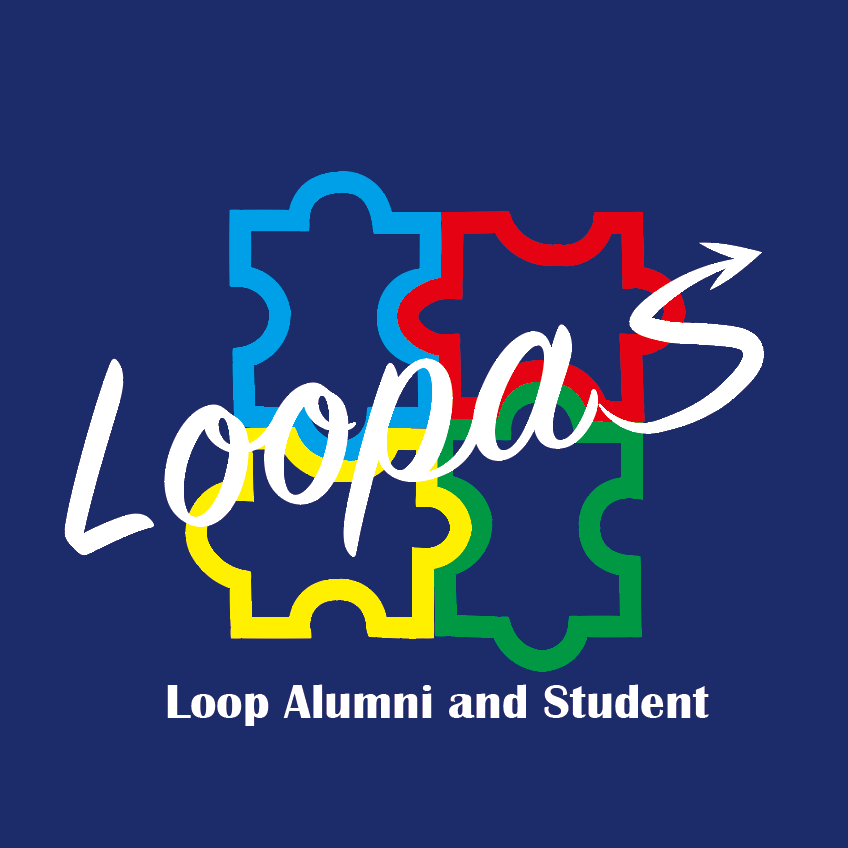13 min read
Yusuke Kano is currently a driving force behind Japan’s nursing care and welfare. I was able to hear about what he prioritized has since graduating APU, what about him has changed, and his vision for the future.
Alumni Profile
Name: Yusuke Kano
Graduation Year: 2010 Asia Pacific Management (APM, now known as College of International Management)
University Activities: started student investment group, Incentive Scholarship for Self-Motivated Students
Current Position: CEO of Welmo Inc.
Born in Toyonaka City, Osaka Prefecture, Yusuke Kano has an impressive resume. Representative Director of Japan Care Tech Association. Joint researcher at the University of Tokyo’s Aging Society Research Organization. After working as an IT consultant at Works Applications Co., Ltd., he moved to the HR department of a company listed on the First Section of the Tokyo Stock Exchange. Over the next eight months, he volunteered and conducted interviews at more than 400 long-term care establishments from Sendai to Fukuoka, discovering the problems with the long-term care industry. He founded Welmo in 2013. He is a lecturer at the Ministry of Health, Labor and Welfare, Ministry of Economy, Trade and Industry, Ministry of Internal Affairs and Communications, as well as the Ministry of Education, Culture, Sports, Science and Technology. He was selected as one of the 99 Japanese leaders of Forbes JAPAN 2018 NEW INNOVATOR. He also won the most prizes at the Japan Healthcare Business Contest 2019 sponsored by the Ministry of Economy, Trade and Industry.
Please tell us about your current business.
With the mission of "realizing a sustainability in a society that faces a declining birthrate and aging", Welmo is developing services in the areas of home medical care, long-term care, and child welfare. In the field of home medical care and long-term care, we are aiming to realize user-oriented long-term care by utilizing advanced technologies such as IT and AI in order to provide high-quality care even with a small number of people amid the declining birthrate and aging population. In the field of child welfare, we aim to unlock the potential of children through the development and operation of child development support and after-school day services.
Mainly our business is developing four major services. First of all, we operate “milmo net”, a welfare service platform that aggregates regional care services data.It is a system that allows you to search for photos of health care offices, the types of rehabilitation equipment, details of dementia care, etc. In addition, we also operate a recruitment service called Milmo Work by utilizing the data collected here. It functions as a matching app for staffing and employment, and the increase in data that job seekers can obtain in advance has led to a decrease in turnover rates. We have also developed an AI called Milmoplan that helps care managers plan their proposals for care according to symptoms. We also operate a facility called unico that supports children with developmental disabilities, and provides education and care under the theme of "opening up the potential of children" so that they can spread their wings.

What made you start this company?
One big reason was that I felt the difference between what motivates people in the business field and in the nursing field. My previous job was as an IT consultant with a large company and when I went to volunteer in nursing, I was shocked.
When I was in the IT industry, I was part of a company, a world of capitalism where tangible results were valued. On the other hand, at the nursing care site, I felt that there were not many business results. In the end, everyone dies. So, no matter how hard people try, most cannot stay at peak health in the long run. Even so, caregivers can become happy themselves by seeing patients happy and smiling. I was usually on the front lines of business, so I was very surprised and impressed that this is even a job. People have different views on happiness due to factors such as the environment in which they grew up and their sensitivity, etc., so each person has a different concept of dying happily. There is no correct answer and it is difficult to see the results. It's the exact opposite of business, and I felt that this job was more human. I felt like I could see the true state of humanity, and I wanted to protect it.
However, if the number of elderly people continues to increase, caregivers will be exhausted. And I am worried that if they don’t have enough workers, they will become like cogs in a machine just to handle the workload. If the environment becomes one in which neither health care workers or the elderly are happy, there is a great chance that many more people will spend the majority of their lives unhappily.
I think there is also the problem that the nursing care field is reluctant to accept technology like IT because human-to-human interaction is so important. How did you overcome the challenges?
Since business is results-oriented, in the business world, IT’s purpose is to improve efficiency. So, it was a little difficult to bring in machines because caregivers emphasize personal interactions. With the intervention of IT and technology, the distance between people is inevitably widened. Until recently, people would use their voices to call out for help, but with robots and sensors, there is less communication. Even if it is just one word, if there are fewer interactions, opportunities to have a heart-to-heart will be lost. Efficiency and the ability to become close to each other are in opposition, which is why many people at the nursing care facilities dislike machines and technology.
To overcome this, I continue to convey to them my purpose. We are using IT not to make long-term care more efficient, but to make elderly patients happier and to better support more people as our society continues to age. As the number of elderly people increases tremendously, caregivers will be exhausted and unable to maintain the quality of service unless they seek efficiency. Some elderly people may not be able to receive long-term care services. Wouldn’t you feel sad in such a world? That is why it is necessary to use a tool called IT to improve work efficiency and reduce education costs. I think that the happiness of society as a whole will increase if we can deliver the current long-term care services to as many people as possible, even with a small number of people. I continue to convey this purpose, and although there are still some misunderstandings, I feel that society has changed a little since I started my business in 2013. We do not focus on features and outcomes, but on the essential vision and purpose of what we want to do.

I heard that you were originally shy and not keen on managing an organization, but now you are managing a business that involves various people. What is your secret?
I think it's about accepting criticisms and growing step by step. Also, I gained a lot of experience and learning from running a circle at APU. Actually, because I was a science student, I liked playing with computers and machines more than talking to people. If anything, my friendship is narrow, and I felt like I want to be only with people I'm close to, so I think I was shy.
I formed a circle while I was in college, and there were many people with strong personalities in APU. In my second year, the circle grew to about 70 people, and I struggled since it was the first time for me to lead dozens of people. Through the management of the circle, I learned how to come to a common understanding by talking one-on-one and getting them to understand my position. But there were fights, people quit, and I failed many times. Each person had different things they wanted to do, so to appeal to all of them I asked my senpai for advice, I read books, and pursued the answer. I think it's important not to get discouraged when you make mistakes.
There were times I was betrayed and called out, but if you care about those things, you can't create new things, so you need to accept who you are in this moment. I knew what I still needed to work on, so I accepted criticism. However, if we make improvements one by one, we can grow to the next stage, and when we can fix all our faults, no one will be able to say anything. I take all criticisms and don't mind. It is important to improve little by little without getting discouraged.
Where do you get the energy to work optimistically on everything?
I think I am a sore loser and I have a strong will. I hate words like “must” and “should,” It was great that I was allowed to make my own decisions from a young age. In junior high school and high school, when I didn't want to go to school, I didn't have to go. My parents believed in me and what I wanted to do and said, "I'm leaving it to you." That’s why I think I've become able to have a strong will. I also feel that the altruistic spirit is due to the fact that my grandmother, who lived with me, was always telling me to do something for others. This strength of will and my eagerness to act for the sake of others led me to where I am now.
Please tell us why you chose APU.
The number one reason I chose APU was because of my experience working in Italy. Actually, I worked in Italy before entering APU. I was an introvert, but I dared to go to the outside world. I didn’t understand Italian and I was teased for it, but I was amazed at the cheerfulness and freedom of the Italians. There, I realized the fun of working globally, and felt that I wanted to broaden my horizons and looked overseas to learn more. Then, I found APU, which has a global environment on campus and a liberal arts program, and took on the challenge. I still have friends from university who support the company, and I feel that my experience at APU is connected to the present.

Please tell us about your vision for the future.
I would like to create a society where we can value human affection, compassion, emotional connection and dialogue. Many of the people in their 80s and older who I met at the facilities cherished the philosophical aspects of seeking a beautiful way to lead life, such as Shinto and Buddhism. Conversely, I feel that the current society revolves around capitalism and the economy, and evaluates individuals based on what is visible. I feel that many of the younger generation today act utilitarianly, thinking of only merits and demerits. I feel that the number of people who are cold has increased, and it would be more human of us to return to the warm heart of the Japanese people.
It’s not that I want to immerse myself in nostalgia. I want to take back the goodness of Japanese people. I want to change the capitalist system and create a society where people who are really working hard will be rewarded. And I want to make Japanese society sustainable as well.
Please give us hints so that we, too, can have a big heart.
I believe there are many students at APU who are interested in people, so they already have big hearts. There are also many who prioritize the things they want to do. If you can’t care for yourself, you can’t care for others, so taking care of yourself is most important. First, you must make decisions for yourself as well as take responsibility for those decisions. Also, to improve your self-esteem, you must carry out each of these decisions. Even a small goal is fine, so please practice every day.
Also, you should not abandon those in trouble. If we consider the pros and cons of helping others, there are probably more cases when helping someone will be a detriment to us. But if society as a whole behaves this way, the world will be a worse off place. Without being complicit in that, I believe it is necessary for us as members of society to better ourselves to create a better society. People tend to focus on visible skills like English, but that doesn’t account for inner beauty. I think you will be happier if you aim to become the type of person you want to spend your time with.
Happiness is closely related to loneliness, so better relationships are paramount. I don't think money has much to do with it. Skills may disappear or no longer be needed at some point, but in any type of world, you can achieve happiness if you have the power to build relationships of trust with others. I think that accumulating emotional assets (bonds between people and memories with people) is a hint for creating a happy life. I think it is necessary to think about how we should be as human beings, how we want to interact with people, who we want to be happy with, how we can make ourselves happy, and so on, one by one.
What is your message for students?
While you are in university and have plenty of time, experience many things you have interest in, try your best, fail, fall in love. This time is irreplaceable. I think that if you look inside yourself through various experiences, you will find what will motivate you. Please take a moment to confront your heart. You will surely see a mission that only you can do. Find out what you are really interested not for money, pleasures, or the recognition, but to help others. There, all the wonderful possibilities and futures will open up to you. I’m rooting for you.
Loop.A.S. Interviewer

Name: Ai Ota
Collage:APS
About the writer
Hi! I am Ai Ota, a second student of APS. I love to cook, and I want to be able to make various dishes from around the world. Please let me know if you have any tasty menus or special dishes that you would like to share! I hope this interview will serve as a bridge between graduates and current students, and expand your horizons and possibilities!
Loop.A.S.
The name says it all: student Organizations Loop.A.S. main goals are to connect APU alumni and the current students and to make chances for APU students through a variety of activities and events. And their activities are for both Alumni and Students. They work with the APU Alumni Association to create opportunities for alumni and students that they can meet, share knowledge, and gain better understanding of life after APU/in APU. The Student Blog posts interviews with alumni conducted by Loop.A.S.














